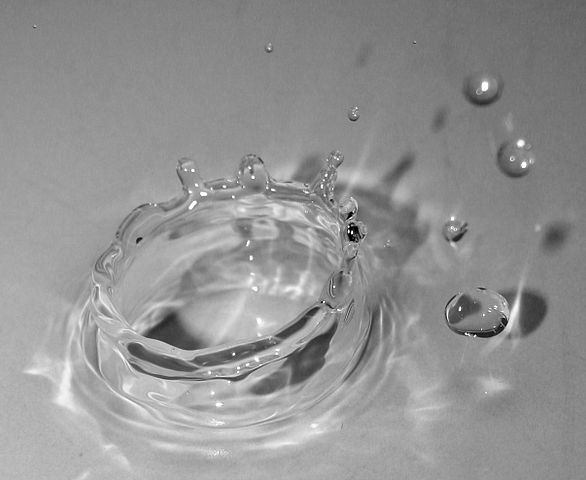Is eczema worse in the summer?
In the summer, heat can make eczema rashes more itchy, sweat can dry your skin out, and allergies/chlorinated swimming pool water/sunlight may trigger it.
Short messages on Physical health issues from Respect Yourself, the guidance site for young people to help make good decisions in life.
In the summer, heat can make eczema rashes more itchy, sweat can dry your skin out, and allergies/chlorinated swimming pool water/sunlight may trigger it.
Eczema is a condition that causes the skin to become itchy, red, dry and cracked. It is a long-term condition and often occurs in people with allergies or with a family history of it.
Summer Holiday Project #2: Work towards physical health. Start and keep up a daily exercise regime, see your doctor for outstanding issues, eat healthily, get involved in local sports.
Next time you are tired or unwell, take a moment to notice how you feel mentally, emotionally and physically. This helps you recognise the sensations so you can do something about it.
Schedule outdoor activities to avoid the hours when the sun is at its strongest – when directly overhead. Doing this can help to minimise exposure. Where possible, rearrange your day’s schedule to spend time outdoors when the sun is lower in the sky – early mornings and late afternoons (11am-3pm).

Keep healthy and balanced when studying. Exercise regularly, eat healthily and take time to relax and rest your body and mind.
It is sometimes possible to prevent the symptoms of hay fever by taking some basic precautions, such as: wearing wraparound sunglasses to stop pollen getting in your eyes when you are outdoors; change your clothes and take a shower after being outdoors to remove the pollen on your body; try to stay indoors when the pollen count is high (over 50).
Many cases of hay fever can be controlled using over-the-counter medication available from your pharmacist, such as antihistamines, which can help prevent an allergic reaction from happening and corticosteroids (steroids), which help reduce levels of inflammation and swelling.
Hay fever is an allergy to pollen. Symptoms include sneezing, a runny nose, itchy eyes and sometimes inflammation of the sinuses, affecting 10 million in the UK.